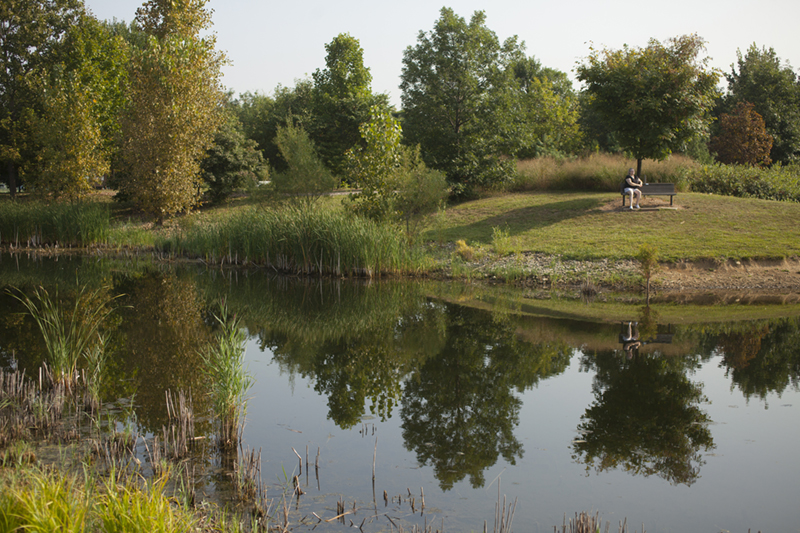AHS LIVE: Behind-the-Scenes Tour: Chadwick Arboretum at The Ohio State University

with Dr. Laura Deeter, director, Chadwick Arboretum
Friday, May 16, 2025 from 10:30 a.m.-12 p.m. CT
Columbus, OH
$30 AHS members/$40 non-members
This program is approved for 1.5 CEU with the Association of Professional Landscape Designers
Join fellow AHS members in your region for a behind-the-scenes tour of Chadwick Arboretum, a participating garden in the AHS Reciprocal Garden Network. Led by the garden’s horticulture staff, this tour will show highlights the season’s most stunning collections.
Chadwick Arboretum & Learning Gardens is an extensive green reserve of over 60 acres located on West Campus within the over 1,600-acre Columbus campus urban setting. The arboretum’s gardens are well-designed models of annuals, perennials, trees, and shrubs, both native and non-native, for the central Ohio climate. The three primary garden areas are the Learning Gardens, the Lane Avenue Gardens, and the Arboretum North.
